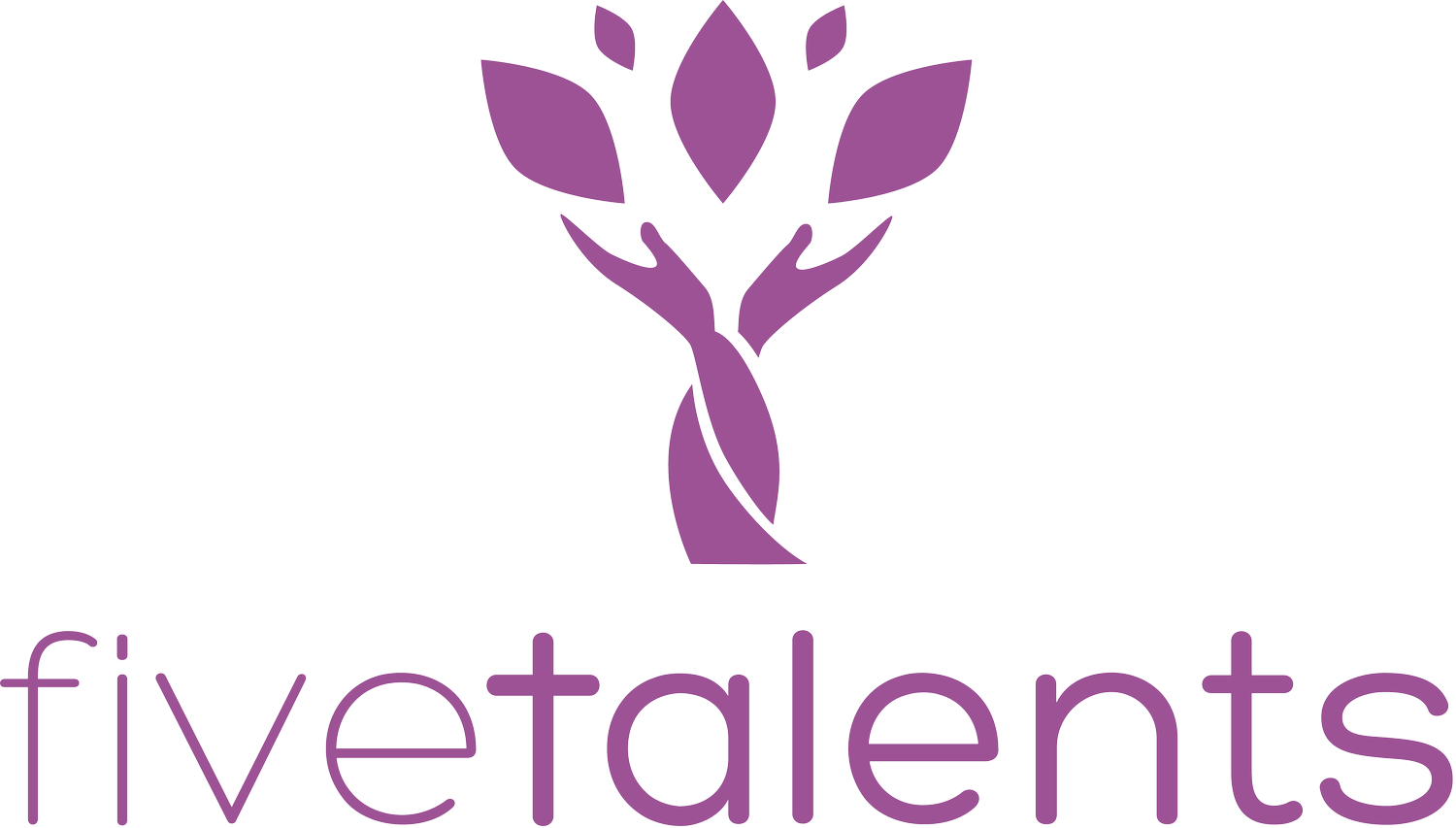By Dane Smith
Executive Director, AFRECS
As Special Presidential Envoy for Liberia in the 1990s and Envoy for Darfur in 2011 and 2012 I had frequent opportunity to visit displaced people and refugees and to recognize and empathize with their suffering. However, nothing in my experience prepared me for the chronic trauma of South Sudan.
The people of South Sudan have been traumatized for more than half a century. During the civil war which began with Sudan’s independence in 1956, Southern Sudanese were subject to frequent bombing of towns and villages and abduction of men, women and children into slavery in the North. That suffering, halted by the 2005 Comprehensive Peace Agreement, was renewed in 2013 with the outbreak of civil war in the newly independent country. Again, murder of loved ones, occasional abductions and horrific sexual assaults against women and girls. Trauma is omni-present in South Sudan. That’s why AFRECS’ partnership since 2019 with Five Talents and the Mothers Union in that country is so important.
Five Talents Savings Groups become a powerful platform for dealing with trauma. Because the members have learned to trust each other with their money, they find they can also trust each other with their personal stories of deep wounds. Sharing these stories is a key step on the road to healing, furthered by Bible study and practices like pinning a written list of their sufferings to the foot of the Cross. Guidance to each group is provided by a carefully trained facilitator.
I have had the opportunity to observe our programs during visits in 2020 and 2022. I was fortunate to be able to do so in Renk during a visit to Five Talents' South Sudan program. I was deeply impressed by the quality and commitment of the two trainers - Amer Deng Ayom and Ajak Manyang - and by the confidence which facilitators and group members showed toward them.
The success of this program has been truly inspirational. Careful surveys of the participants reveal that they not only register improvement in their family relationships. They also draw on the freedom and self-confidence gained from the group experience to become spokespersons for peacebuilding and community solidarity in their villages and towns.
Our hope is to spread this critical work together to the extent possible throughout South Sudan.

